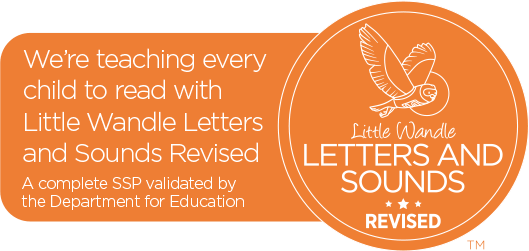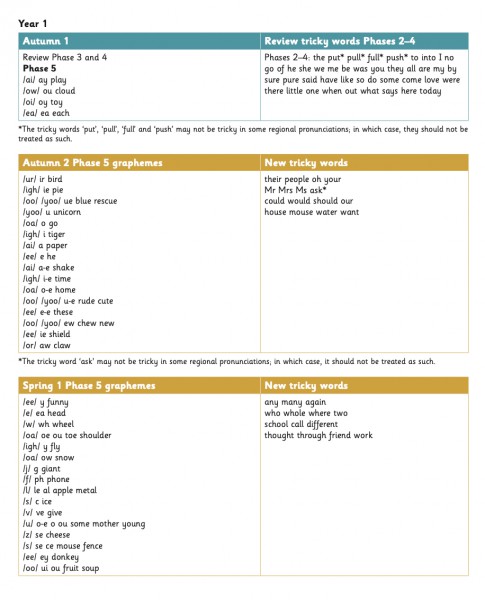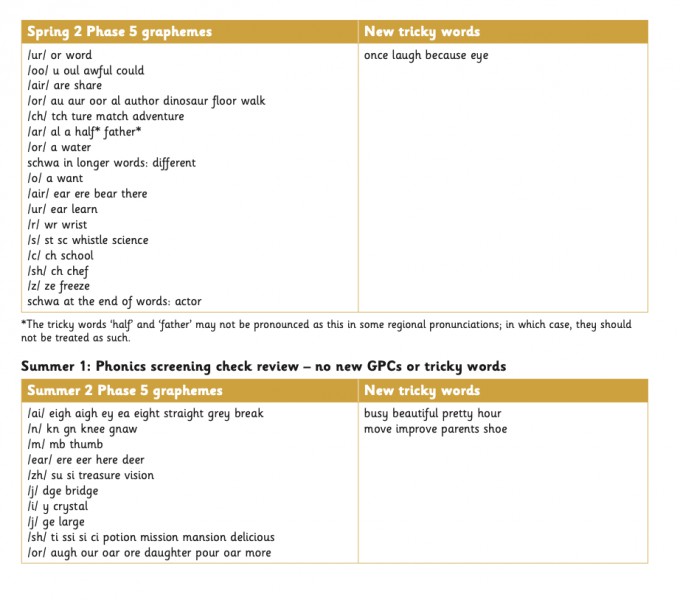Phonics
Supporting your child with phonics

The importance of reading
Reading is essential for all subject areas and is a fundamental skill that children will require through all aspects of their life.
Having a positive attitude towards reading has a huge impact socially, academically and emotionally.
How do children learn to read?
Phonics is an excellent strategy to support children with their early reading. This is done in several stages:
Hearing the phonic sound
Learning to say the phonic sounds.
Blending phonic sounds to read words.
This in turn should increase your child's' reading fluency and eventually they become independent readers who can explain the themes and plot of a story in detail.
Reading fully decodable books
Children will read books that are pitched at their own phonetic knowledge.
Children must use the strategy of phonics to help them read. Please avoid guessing words, using the pictures to read or anything else that will distract children from actually reading the words and understanding the story.
The reading books that children will explore at home must be fully decodable and follow the Little Wandle scheme. This doesn't mean they can't explore their own stories at home but the process of learning to read at school will be linked with the books they bring home.
Your role as a parent or carer
Be positive about reading and encourage your child to pick up books!
Ensure you are following the strategies that have been explained here or through workshops or discussions with your class teacher.
Children take home books they have read at school to re-read at home to build fluency.
Children may sometimes bring home two different types of books. One for reading practice and one to share for pleasure.
Regular Reading at home will encourage a love of books and help to develop vocabulary and communication skills
Please use voices, expression, discuss unfamiliar vocabulary, talk about the pictures, and predict what might happen next when you read at home with your child.
Please record how your children is doing in their reading diary. Speak to a class teacher if you are unsure of this.
There are two types of reading book that your child may bring home:
A reading practice book - This will be at the correct phonic stage for your child. They should be able to read this fluently and independently.
A sharing book - Your child will not be able to read this on their own but you can read and enjoy this together.
Reading practice book
This book has been matched to your child’s reading level. If your child is able to read the book with little help, please don’t worry that it’s too easy – your child needs to develop fluency and confidence in reading.
Listen to them read the book. Remember to give them lots of praise – celebrate their success! If they can’t read a word, read it to them. After they have finished, talk about the book together.
Sharing book
In order to encourage your child to become a lifelong reader, it is important that they learn to read for pleasure. The sharing book is a book they have chosen for you to enjoy together.
Videos to support
The video below is of a child learning their Phase 2 phonic sounds
The video below is of a child learning their Phase 3 phonic sounds
The video below is how we will teach oral blending. This is where children will push the sounds together to read the word.
The video below explains what 'Alien words' are. All year 1 children will explore these throughout the year and if your child did not pass the phonic screening last year, they will also explore this in year 2.
The KS1 phonic progression
Useful links
https://www.phonicsplay.co.uk/
https://www.topmarks.co.uk/english-games/5-7-years/letters-and-sounds


